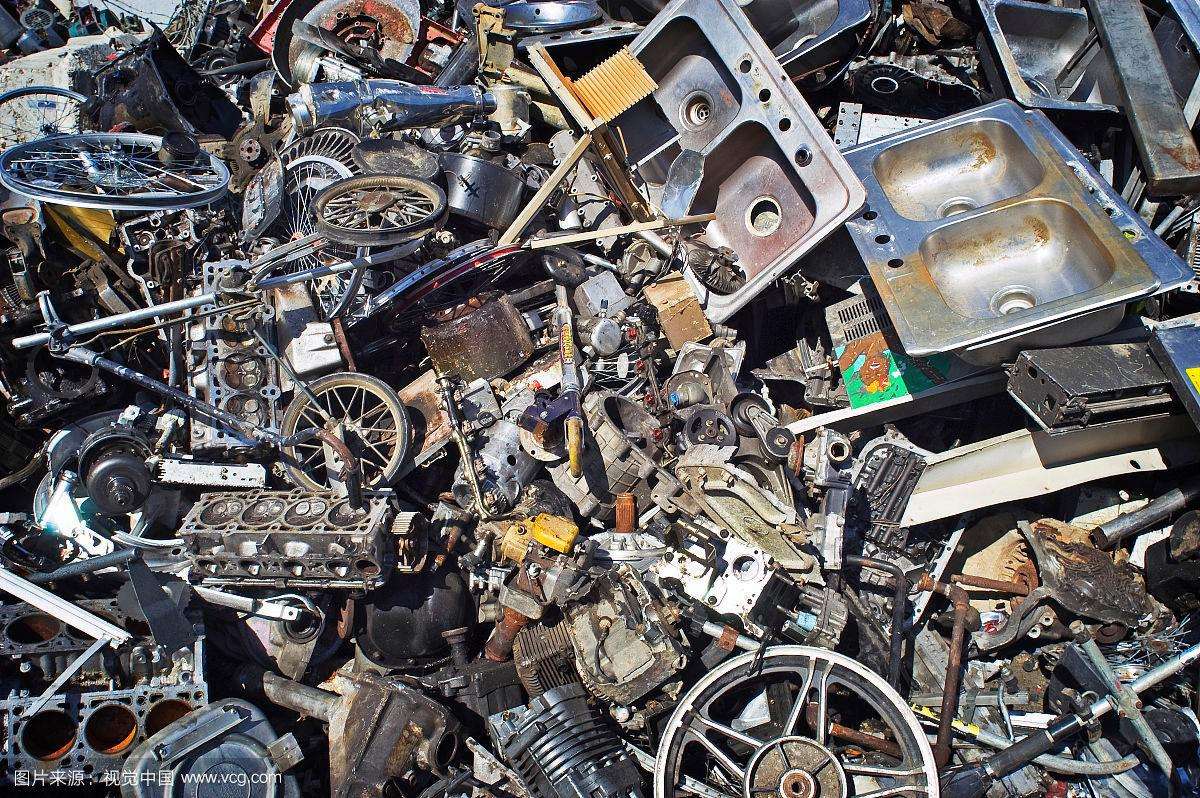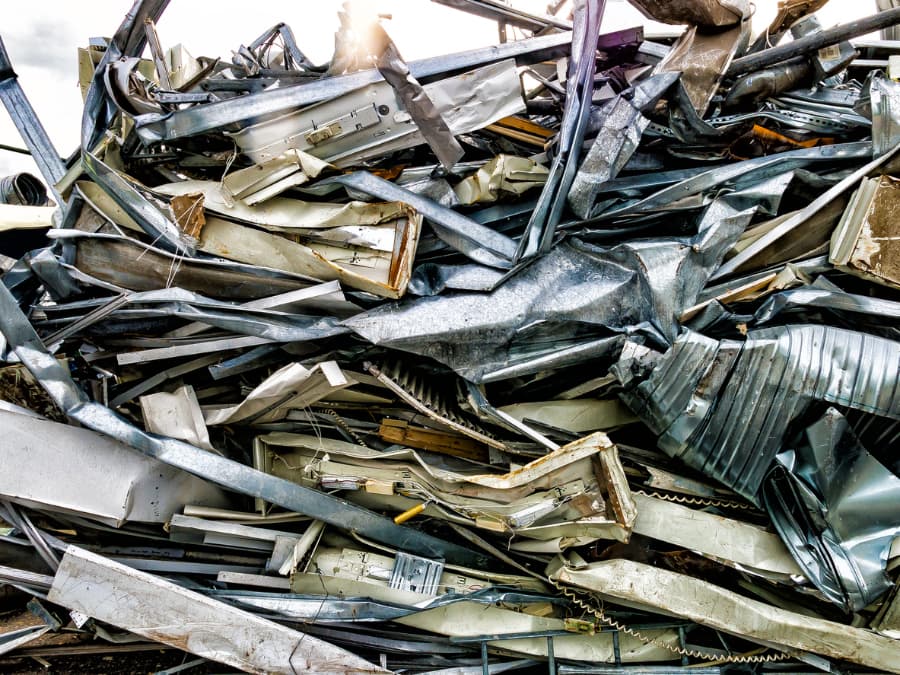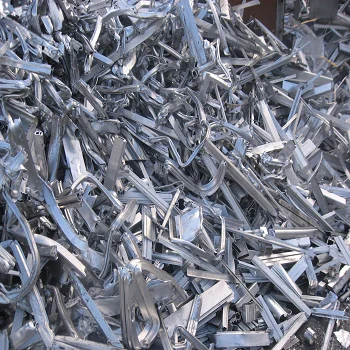The Ghana Integrated Aluminium Development Corporation (GIADEC), headed by Reindorf Twumasi Ankrah, is actively working on a legislative policy framework, with the support of the Minister for Lands and Natural Resources, Emmanuel Armah-Kofi Buah, to regulate the downstream aluminium sector.
This sector encompasses activities such as aluminium scrap dealing, casting, fabrication, and forming aluminium into sheets, foils, rods, and other shapes.

The need for regulation stems from the escalating menace of cable and aluminium product theft in Ghana, highlighted by the recent exposure of a multi-million-dollar cartel targeting the Electricity Company of Ghana(ECG).
This underscores a critical vulnerability in the nation’s industrial landscape. Such illicit activities not only inflict significant economic losses on state entities and businesses but also disrupt essential infrastructure and undermine public safety.

The fact that stolen materials often feed into unregulated aluminium smelters emphasizes the urgent need for stringent oversight in the downstream aluminium sector.
GIADEC’s initiative, in collaboration with the sector minister, to develop a legal framework for regulating this sector is not only justifiable but imperative for national security, economic stability, and sustainable development.

GIADEC seeks to implement a multi-pronged approach, including the identification, registration, and certification of all downstream players, along with a mandatory certificate of origin for aluminium exports and imports.
This will establish a robust framework to combat the current crisis.
By creating a comprehensive registry, GIADEC will introduce transparency to a sector currently plagued by opacity.
This will make it significantly harder for illegally sourced aluminium to enter the supply chain, effectively choking off the demand that fuels theft.
The mandatory certificate of origin will further enhance traceability, ensuring that all exported aluminium products can be verified as legitimately sourced.
According to GIADEC, this measure is crucial not only for preventing the outflow of stolen materials but also for bolstering Ghana’s reputation in the international aluminium market, demonstrating a commitment to ethical and responsible practices.
Beyond curbing criminal activities, GIADEC’s proposed policy framework will foster a more organized and standardized downstream aluminium industry, leading to improvements in product quality, safety standards, and environmental practices. Unregulated smelters often employ rudimentary and environmentally harmful techniques.
By instituting a legal framework for these operations, GIADEC will enforce better environmental protocols, promoting sustainable industrial development and mitigating the ecological damage caused by informal processing.
This aligns with global trends toward responsible resource management and enhances the long-term viability of Ghana’s aluminium sector.
GIADEC’s vision extends beyond regulation to include socio-economic empowerment. The planned youth entrepreneurship training programs—focusing on responsible sourcing, small-scale traditional smelting of cans, and domestic fabrication of aluminium products—represent a proactive approach to creating economic opportunities.
By equipping young Ghanaians with skills and knowledge in the aluminium value chain, GIADEC will cultivate a new generation of legitimate and responsible industry players.
GIADEC and the Ministry’s plan to regulate the downstream aluminium sector is well-founded in the GIADEC Act (Act 976), which empowers GIADEC and the Minister to implement policies for the effective development of the integrated aluminium industry.
By implementing these regulatory measures and developmental initiatives, GIADEC can transform the downstream aluminium sector from a hub of criminal activity and environmental concern into a vibrant, sustainable, and economically empowering contributor to Ghana’s national development.
The time for decisive action is now, and GIADEC’s vision provides a clear and compelling pathway forward.
GIADEC is an agency under the Ministry of Lands and Natural Resources and is currently the sole owner of VALCO, following a share transfer agreement between the Government of Ghana and GIADEC.
Additionally, GIADEC holds all of the government’s interests in the Ghana Bauxite Company.

